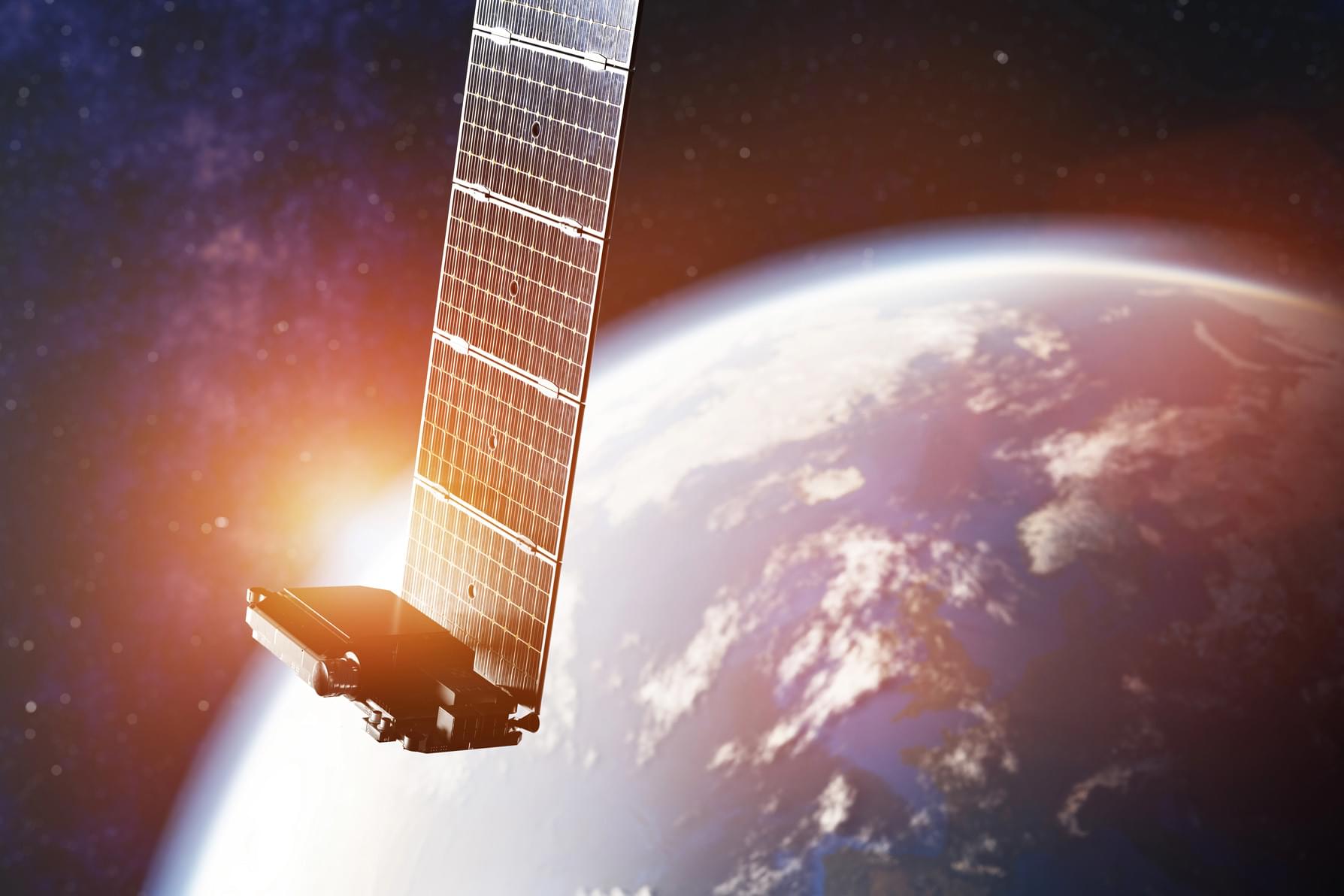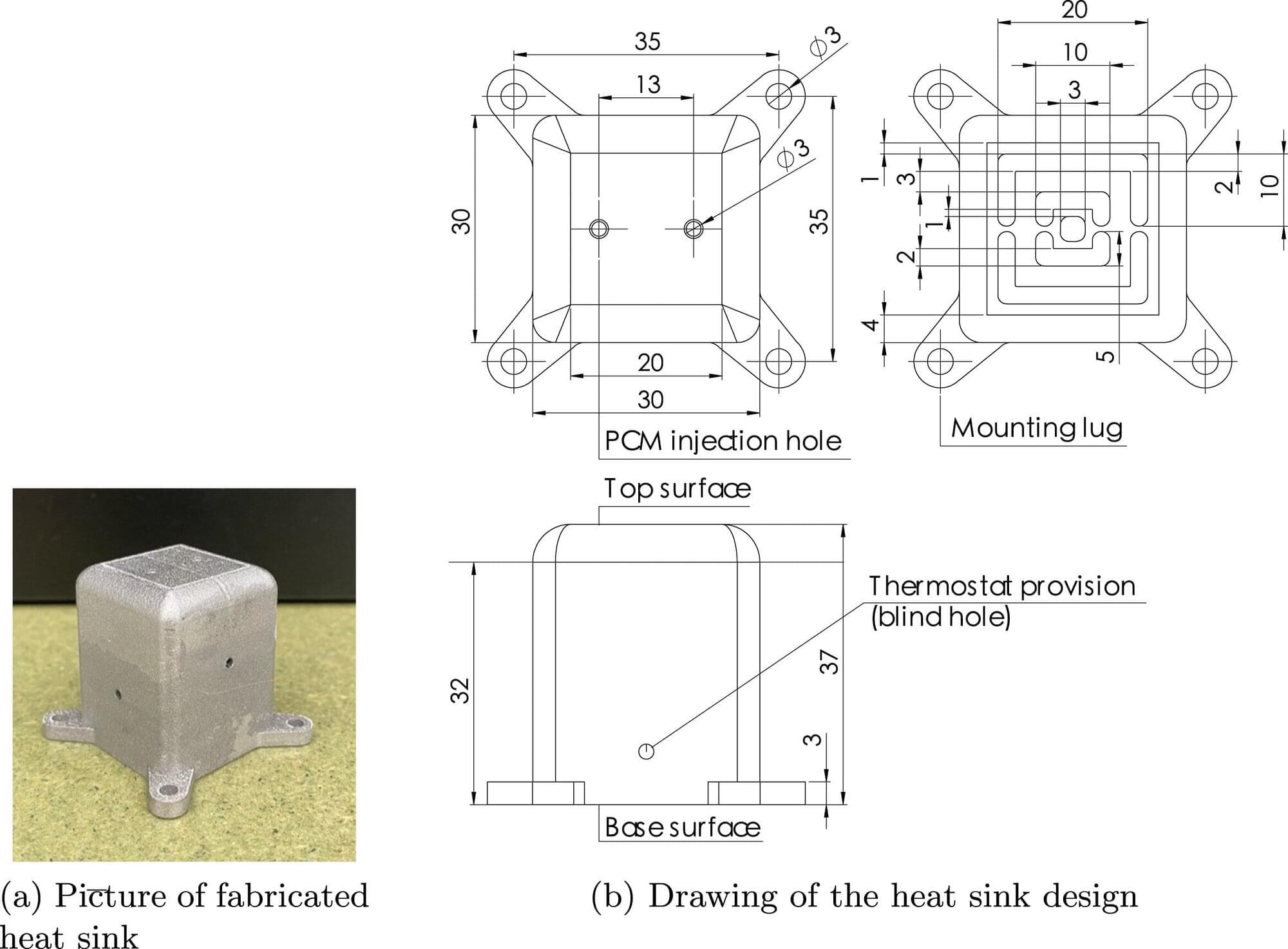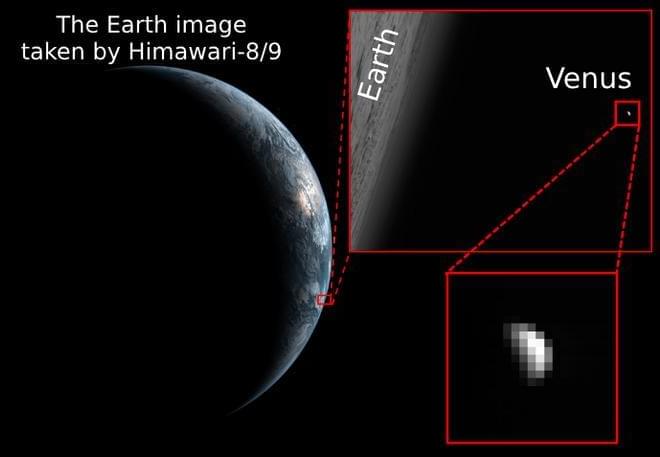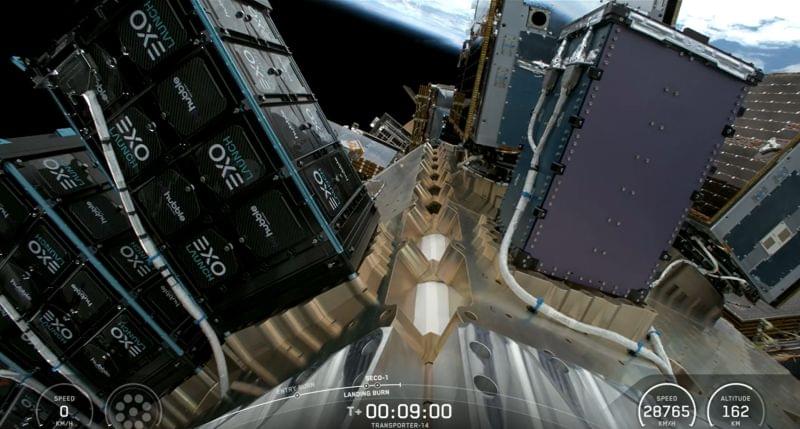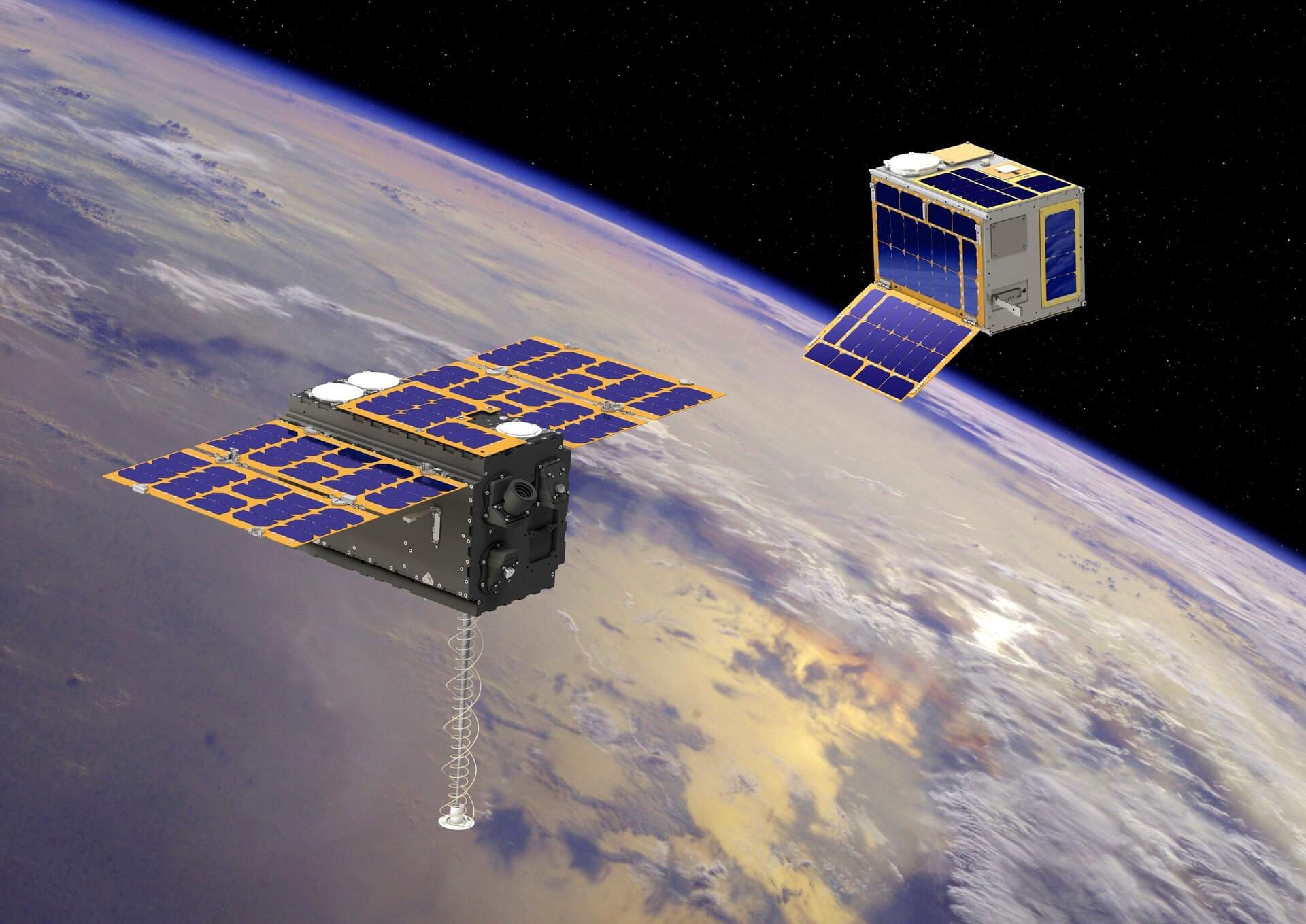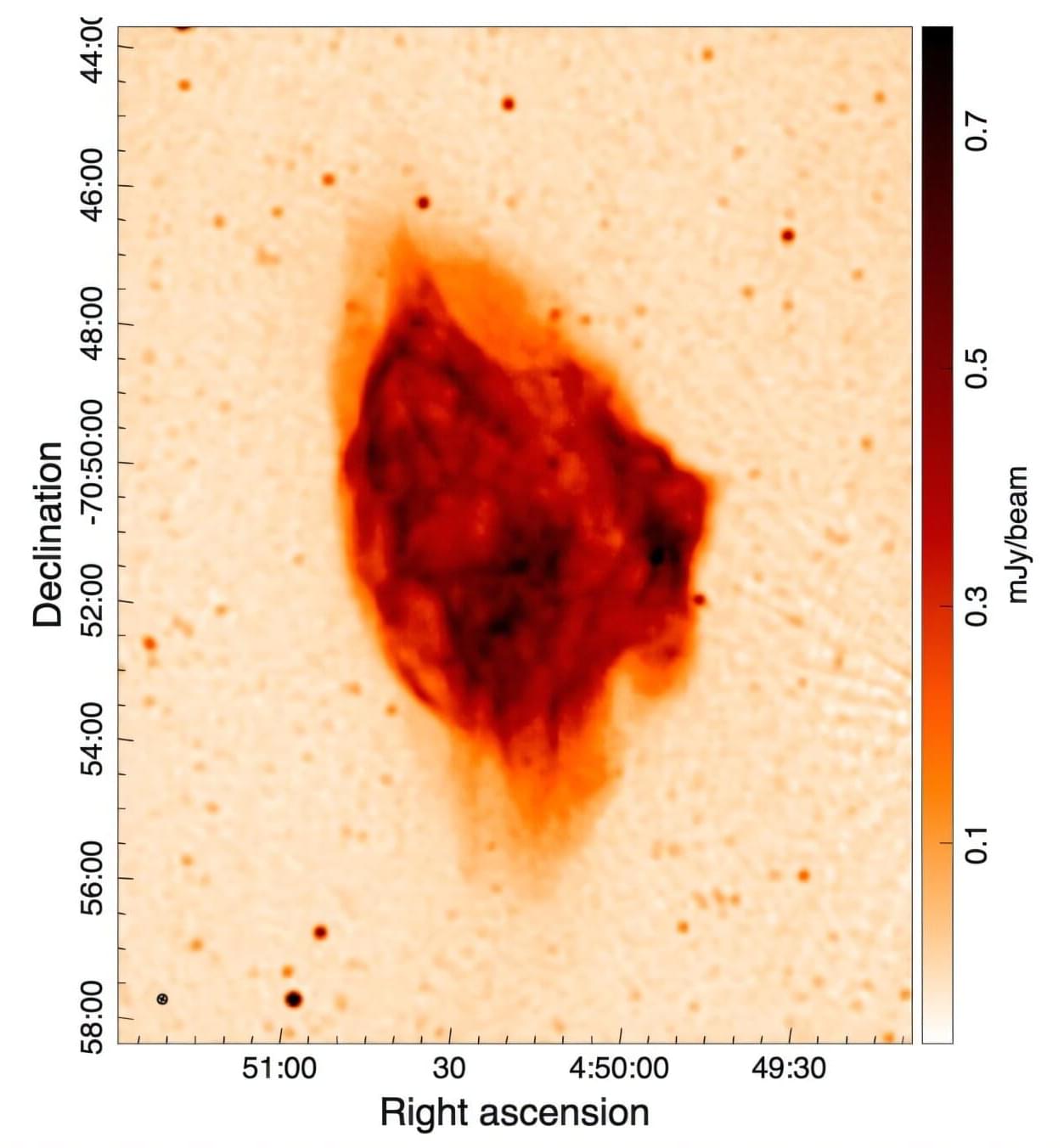In-space manufacturing is a relatively new field that seeks to utilize the unique characteristics of outer space and/or low-Earth orbit to achieve fabrication methods not possible on Earth. Space Forge’s primary goals are to produce semiconductors for data center, quantum, and military use cases, using “space-derived crystal seeds” to initiate semiconductor growth, utilizing unlimited vacuum and subzero temperatures for manufacturing, and then returning the chips to Earth for packaging.
The ForgeStar-1 satellite will not bring the cargo it manufactures back to Earth at the completion of its mission. Acting more as a proof-of-concept and prototype for a litany of technologies engineered by Space Forge, the satellite will be tasked with running through the successful application of key technologies for in-space manufacturing, and will end its mission with a spectacular fireball.
Space Forge plans to test both the best-case and worst-case scenarios for the satellite’s recovery. First, it will deploy its proprietary Pridwen heat shield and on-orbit controls to steer the satellite, and then test its failsafe mechanism, which involves disintegrating the craft in orbit.


